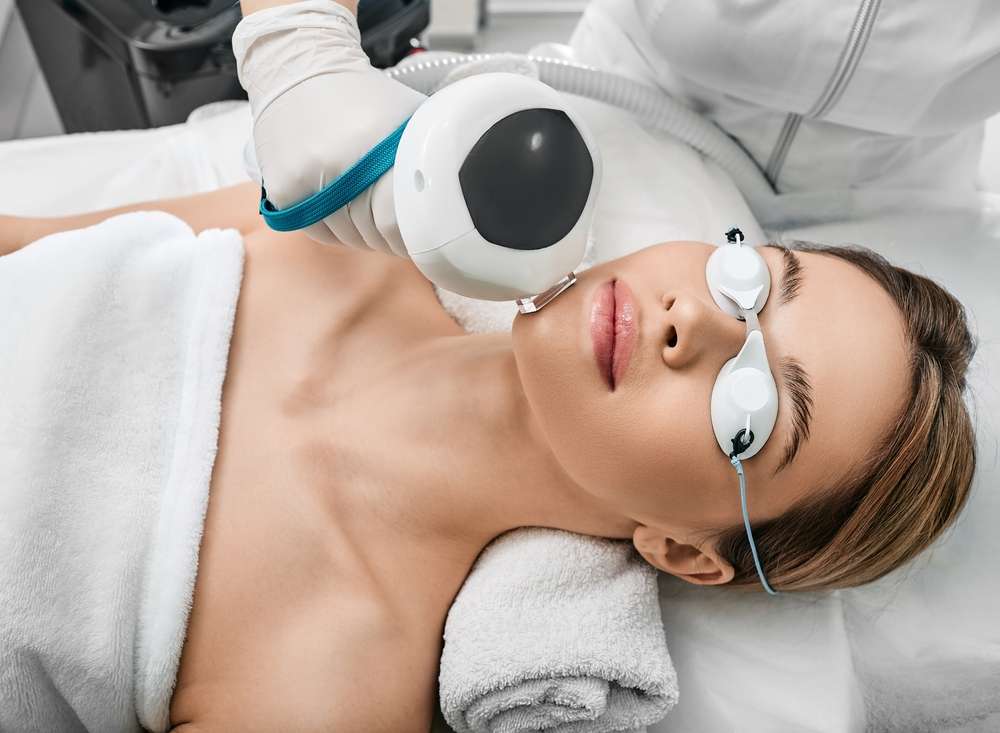Wrinkle Treatment in the United Kingdom — Evidence-Based Options for Healthy Skin Care
This guide introduces safe, evidence-based approaches to managing facial wrinkles in the UK, focusing on treatments supported by dermatological research. Readers will learn about topical products such as retinoids and moisturisers, professional options including dermatology consultations and non-invasive procedures, and lifestyle factors like sun protection and balanced nutrition that contribute to long-term skin health. The article also covers how to evaluate clinics, check practitioner credentials, and maintain realistic expectations for results, helping individuals make informed choices without exaggerated promises or pressure.

Understanding Wrinkle Formation and Treatment Approaches
Wrinkles develop through a complex process involving collagen breakdown, reduced elastin production, and repetitive muscle movements. Environmental factors such as ultraviolet radiation, pollution, and smoking accelerate this natural aging process. Effective wrinkle treatment requires understanding these underlying mechanisms to select appropriate interventions that target specific causes rather than merely addressing surface symptoms.
Modern dermatology recognises three primary categories of wrinkle treatments: preventive measures, topical therapies, and professional procedures. Preventive approaches focus on protecting existing skin structure through sun protection and lifestyle modifications. Topical treatments utilise active ingredients that stimulate cellular renewal and collagen production. Professional procedures employ advanced technologies to resurface skin or relax underlying muscles causing expression lines.
Professional Wrinkle Treatment Options Available
Professional wrinkle treatment encompasses various medical and cosmetic procedures performed by qualified practitioners. Injectable treatments, including botulinum toxin and dermal fillers, address dynamic wrinkles caused by muscle movement and static wrinkles resulting from volume loss. These minimally invasive procedures require precise technique and thorough understanding of facial anatomy.
Laser therapies represent another significant category of professional treatments. Fractional laser resurfacing, CO2 lasers, and radiofrequency devices work by creating controlled micro-injuries that stimulate natural healing responses. These treatments promote collagen remodelling and skin tightening, addressing both surface texture and deeper structural changes associated with aging.
Chemical peels, ranging from superficial to deep formulations, remove damaged skin layers while encouraging cellular turnover. Professional-grade peels utilise higher concentrations of active acids than consumer products, requiring careful patient selection and post-treatment care to ensure optimal results and minimise complications.
Which Treatment Is Best for Wrinkles?
Determining the most suitable wrinkle treatment depends on multiple factors including wrinkle type, skin condition, patient expectations, and medical history. Dynamic wrinkles caused by muscle contractions typically respond well to botulinum toxin injections, while static wrinkles may benefit from dermal fillers or resurfacing procedures.
Combination approaches often yield superior results compared to single treatments. For instance, pairing botulinum toxin with topical retinoids addresses both muscle-related and cellular-level aging processes. Similarly, combining laser treatments with appropriate skincare regimens enhances and prolongs therapeutic outcomes.
Patient age and skin type significantly influence treatment selection. Younger individuals with early signs of aging may achieve excellent results with preventive measures and topical treatments, while mature skin often requires more intensive professional interventions to achieve desired improvements.
Evidence-Based Skincare and Topical Treatments
Research consistently demonstrates the efficacy of certain topical ingredients in wrinkle reduction. Retinoids, including prescription tretinoin and over-the-counter retinol formulations, stimulate cellular turnover and collagen synthesis. Clinical studies show measurable improvements in fine lines and skin texture with consistent retinoid use over several months.
Vitamin C, particularly in stable formulations like magnesium ascorbyl phosphate, provides antioxidant protection while supporting collagen production. Alpha hydroxy acids such as glycolic acid promote exfoliation and improve skin smoothness. Peptide complexes, though requiring further research, show promise in supporting skin barrier function and reducing appearance of fine lines.
Sunscreen remains the most critical component of any wrinkle prevention and treatment regimen. Daily application of broad-spectrum SPF 30 or higher prevents further photodamage while allowing existing treatments to work more effectively.
| Treatment Type | Provider Examples | Cost Estimation |
|---|---|---|
| Botulinum Toxin | Private clinics, dermatologists | £200-£400 per area |
| Dermal Fillers | Aesthetic practitioners, plastic surgeons | £300-£600 per syringe |
| Laser Resurfacing | Dermatology clinics, cosmetic centres | £500-£2000 per session |
| Chemical Peels | Skincare clinics, dermatologists | £80-£300 per treatment |
| Professional Skincare | Beauty clinics, medical spas | £50-£150 per session |
Prices, rates, or cost estimates mentioned in this article are based on the latest available information but may change over time. Independent research is advised before making financial decisions.
The landscape of wrinkle treatment in the United Kingdom offers diverse options ranging from evidence-based skincare routines to advanced professional procedures. Success depends on realistic expectations, proper patient selection, and ongoing commitment to skin health maintenance. Consulting qualified practitioners ensures safe, effective treatment while maximising long-term results through personalised approach to skin aging management.
This article is for informational purposes only and should not be considered medical advice. Please consult a qualified healthcare professional for personalized guidance and treatment.




